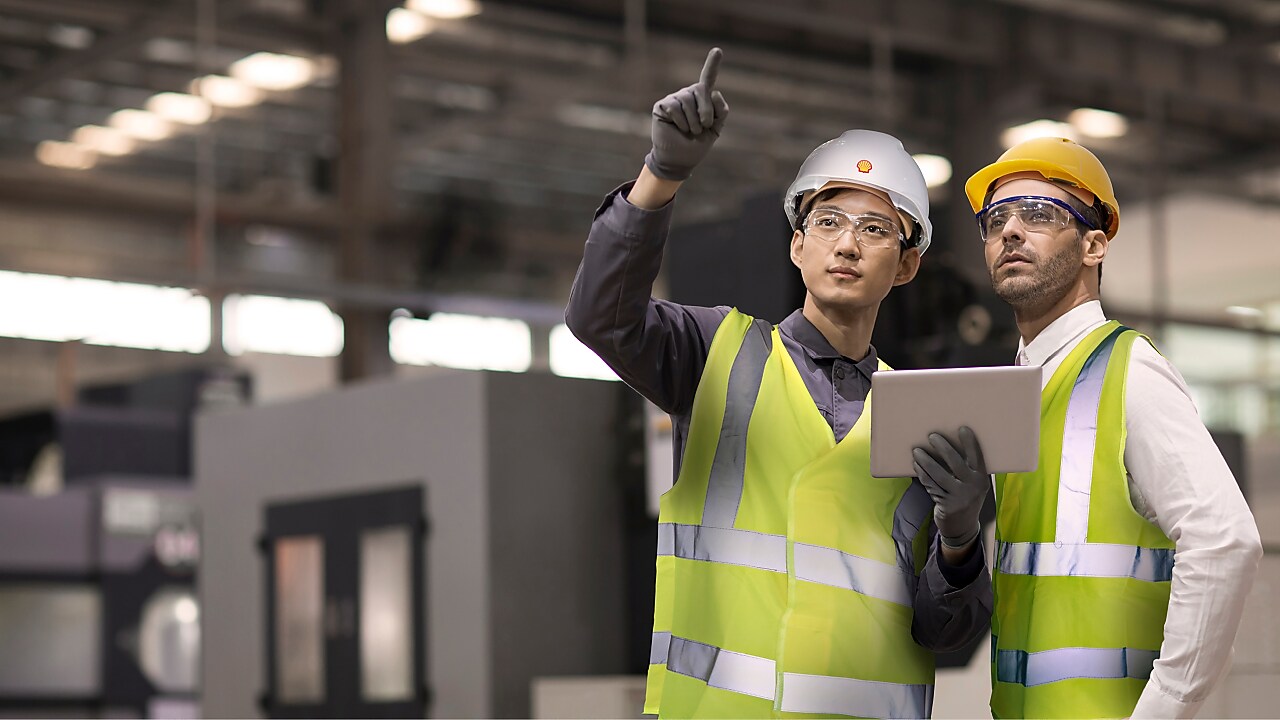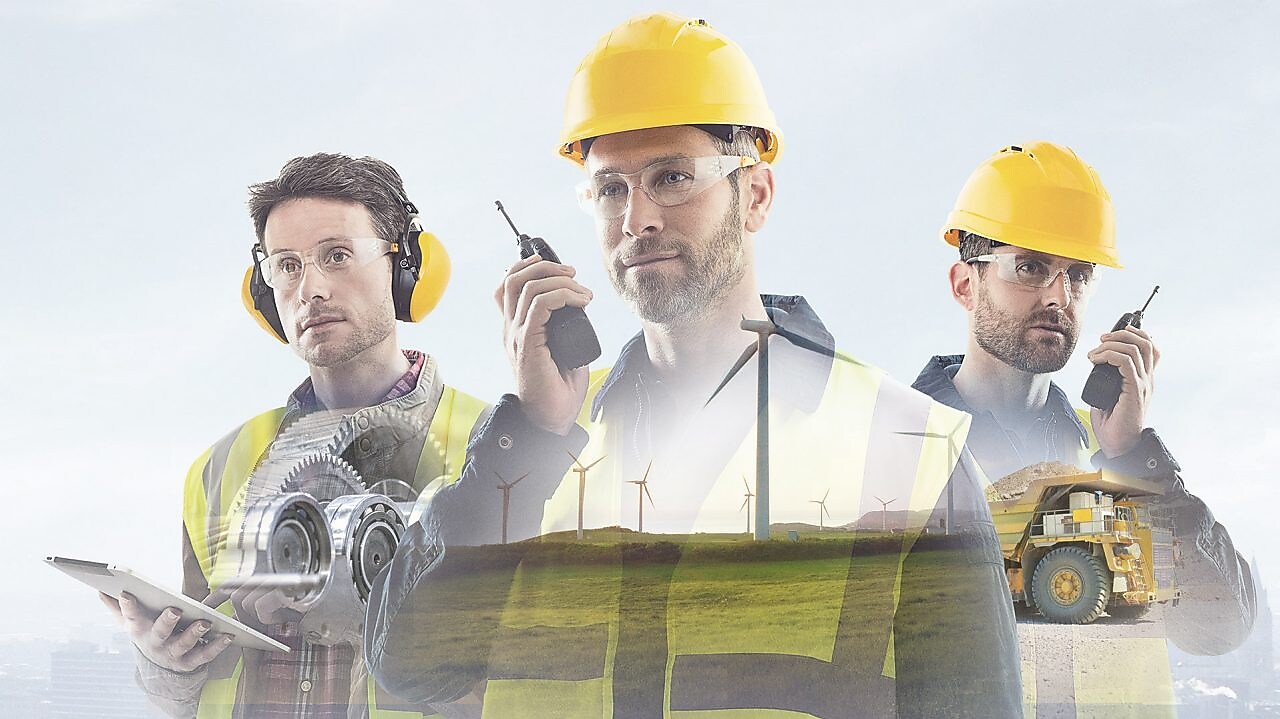Our Perspectives Content Hub
The world is changing, and new ways of thinking and working are needed to enable businesses to transform and decarbonise. Our ‘Perspectives’ content hub shares insights and ideas to help business leaders realise the potential of their people and organisation.

Predictive Maintenance | New Perspectives
Read the article on Predictive Maintenance, on how you can stay ahead of your equipment and competition, with a future-ready digital toolbox of solutions, software, and services.
Predictive Maintenance | New Perspectives

How we create consumer-like experiences for our B2B customers
Discover the key to success in the redevelopment of Shell’s B2B ecommerce platform.
How we create consumer-like experiences for our B2B customers

